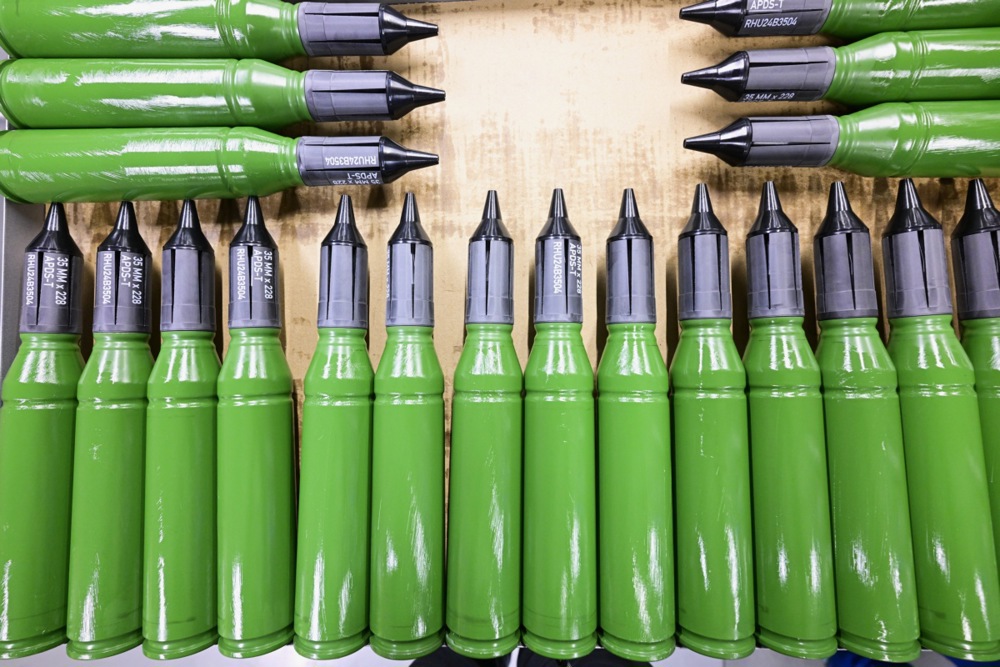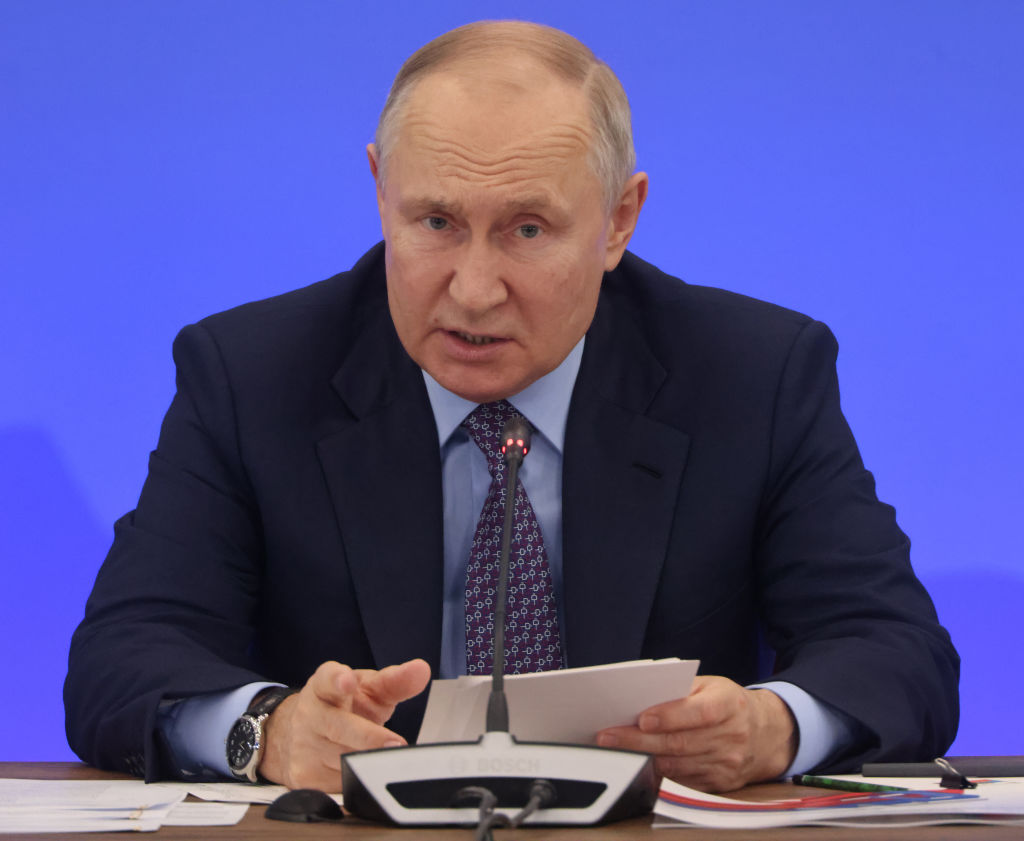You would think a European leader spooked by the prospect of transactional politics under a new Donald Trump administration might brush up on his bargaining skills while he still can.
Unfortunately, German Chancellor Olaf Scholz visited Beijing earlier in April on a more quixotic quest. He hoped that bending the knee to President Xi Jinping might preserve the Chinese revenues vital to German automakers.
The signs are not promising. Volkswagen pulled half its global sales from China as recently as 2021 but its market share there has since been steadily falling.
The Audi A6 was once the car party members drove to show the world they’d arrived, but it is now shunned as demonstrating insufficient patriotic zeal. The shift in Chinese consumer preferences to cheaper domestic electric vehicles (EVs) has caught German car makers unprepared to offer competitive alternative models.
China welcomed German car makers 30 years ago as a means of acquiring key technologies and manufacturing skills. But Xi is now confident his companies know how to build quality cars at scale and are ready to leapfrog German internal combustion technology with battery power.
This means Scholz had little to offer in exchange for Xi’s help in protecting German profits. Begging is not bargaining and the Chancellor returned to Germany empty-handed.
It’s not hard to see why. From Xi’s perspective, Germany today offers only a lucrative market for Chinese exports. BYD offers stylish EVs to German consumers at lower prices than US Teslas and with technology superior to the EVs offered (at a loss) by VW.
The quality of German machine tools isn’t enough to justify their premium prices and the Western technology sought by Chinese carmakers has been largely acquired. In 2016 Germany allowed a Chinese firm to buy Kuka, one of the most advanced industrial robot makers, thereby permitting the introduction of world-class industrial automation to Chinese assembly lines.
Rather than fretting over falling profits from their Chinese investments, German carmakers will soon be struggling to protect their domestic markets from cheap, well-made Chinese imports.
A transactionally-minded leader would have chosen a more level playing field for negotiations with Xi, specifically a bargain over access to their respective domestic markets. France and other European Union states are eager to defend Europe from a looming flood of Chinese imports. Calls for hefty tariffs or quotas on Chinese imports in key domestic industries such as cars and solar panels are now displacing the EU’s traditional reverence for free trade.
The EU likes to present itself as a regulatory superpower and should be capable of imposing strategic restrictions on Chinese imports. In the absence of such restrictions, Europe’s new Green Deal will be powered by China’s solar panel and wind turbine makers, who hold a dominant world market share. The global impact of Europe’s net-zero spending will be nullified if it bolsters Chinese factories fuelled by dirty coal-fired power plants.
Scholz is well positioned to act as the broker of trade compromises that would ensure a level of Chinese access to EU markets in exchange for reciprocal European access to Chinese ones. Germany remains the dominant power in the EU, capable of realising or forestalling restrictions on Chinese imports.
Nothing would elevate Scholz’s profile in Beijing more than his public endorsement of hard-nosed joint-venture and domestic production requirements on Chinese companies hoping to exploit EU markets.
China is now a mature developed market and should be treated by Europe as one. It will never again provide the spectacular sales growth seen by German exporters over the past 30 years. Scholz’s job now is to ensure that Chinese exporters in search of growth do not gut the fortunes of Europe’s industrial champions.
Faced with Chinese imports that threaten the EU’s “green” industries and American subsidies that penalise the bloc’s carmakers, Scholz can advance a new industrial policy that protects European manufacturers from foreign governments busily protecting their own.





The West cannot afford defeat in Ukraine: Kyiv is fighting an imperialist Russian ideology that must be seen to have lost for Europe to return to peace